Ind/PK, July 12 (V7N) - The recent military clashes between India and Pakistan in May 2025 led to a significant shift in the geopolitical landscape of South Asia. While the military skirmishes have since ceased, the ongoing battle for influence, diplomatic leverage, and control of the narrative continues. In a first-of-its-kind series on Al Jazeera, journalist Sreenivasan Jain interviews prominent voices from both India and Pakistan to explore the aftermath of the war and what India’s emerging strategies mean for both countries.
The Campaign to Isolate Pakistan
In his conversation with Indian Member of Parliament (MP) Milind Deora, Jain delves into India’s growing campaign to isolate Pakistan on the international stage. Deora, a senior leader of the Indian National Congress, elaborated on India’s long-term strategy of reducing Pakistan’s influence in global forums and strengthening its own diplomatic and economic footprint, particularly within multilateral organizations.
India's efforts to isolate Pakistan were further intensified after the military conflict, as New Delhi seeks to project its growing power and shift the narrative surrounding the bilateral ties between the two nations. Deora outlined that India's strategy goes beyond military maneuvers and includes diplomatic, economic, and strategic alliances to increase pressure on Islamabad. The Indian MP emphasized that the international community should recognize India’s growing importance in global security matters and support its stance on counterterrorism and regional stability.
Pakistan’s View of the ‘New Abnormal’
On the other side of the border, Pakistan has expressed concerns over what it describes as India's “new abnormal.” While India believes it is defending its national interests and projecting its power, Pakistan sees the shift in diplomatic dynamics as a dangerous development that risks destabilizing the region.
In the interview, Jain provides insights into how Pakistan’s leaders view India’s efforts as attempts to undermine their national sovereignty, isolate Pakistan, and weaken its regional influence. According to Pakistani analysts, the continuous narrative push by India in the global media and diplomatic circles is seen as an effort to delegitimize Pakistan's position on key issues such as Kashmir and regional security.
The Narrative Battle
The war in May, which involved military confrontations along the Line of Control (LoC) in Kashmir, has led to heightened tensions between the two nuclear-armed neighbors. Although the fighting ended with no formal peace agreement, the damage to diplomatic relations remains significant.
One of the key components of this new phase of conflict is the battle for narrative control. India’s government, led by Prime Minister Narendra Modi, has made a concerted effort to shape global perceptions of Pakistan, often portraying Islamabad as a state that harbors terrorism. Conversely, Pakistan has consistently attempted to cast India’s actions, particularly in Kashmir, as aggressive and expansionist.
Jain's series explores how both nations are positioning themselves in global media and diplomatic spaces, with India focusing on aligning itself with major world powers and Pakistan seeking to rally support from regional allies and the global south.
A New Kind of Conflict
While the ceasefire in May has temporarily halted direct military clashes, the new conflict is waged in the fields of international diplomacy, economic pressure, and media narratives. Jain's interviews bring to light the significant role played by both countries' public diplomacy efforts, social media campaigns, and outreach to foreign governments.
The ongoing diplomatic tussle is also being shaped by the shifting power dynamics within the South Asian region. India, with its rapidly growing economy, has been able to secure closer ties with the United States, Israel, and several European nations, creating an international support base for its policy of isolating Pakistan. On the other hand, Pakistan has relied on its relationships with China and other Muslim-majority nations to counter India’s influence.
What’s Next for India and Pakistan?
Looking ahead, Jain’s series raises important questions about the future of India-Pakistan relations. Is this the beginning of a prolonged cold war between the two nations, or will there be room for dialogue and reconciliation? Can the international community help mediate a more stable and peaceful environment, or will the escalating narrative battle continue to stoke tensions?
In this first-of-its-kind investigation, Sreenivasan Jain takes viewers through the intricate geopolitical struggles in South Asia, offering in-depth interviews with leading voices from both countries. The series promises to provide a unique perspective on one of the most volatile relationships in the modern world.
Conclusion
As the geopolitical struggle between India and Pakistan enters a new phase, the narrative battle for international influence continues. India’s diplomatic push to isolate Pakistan is being met with resistance from Islamabad, which views these efforts as detrimental to its sovereignty and regional stability. The next phase of this conflict will be waged not just on the battlefield but in the halls of international institutions and on the digital front, as both nations continue to jockey for position in the global narrative.
Al Jazeera’s series provides a comprehensive look at the evolving India-Pakistan relationship and the strategic shifts that are likely to shape the region’s future for years to come.
END/WD/SMA/



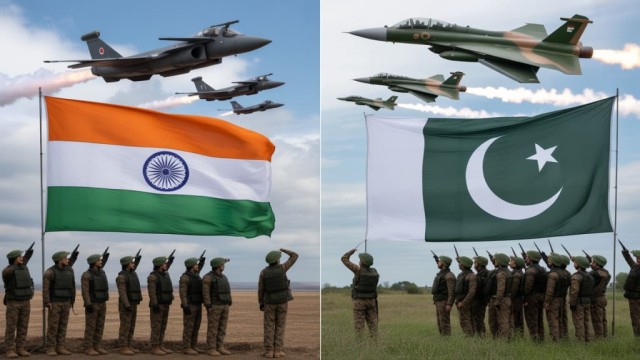
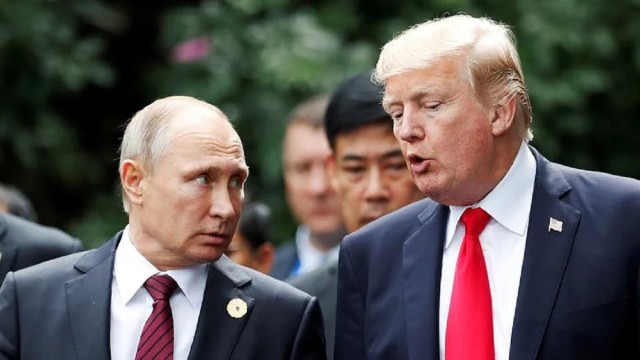
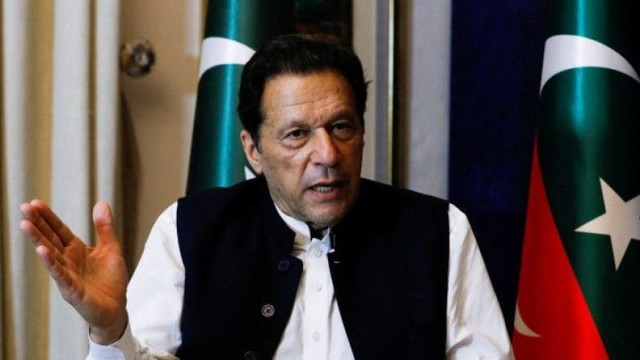
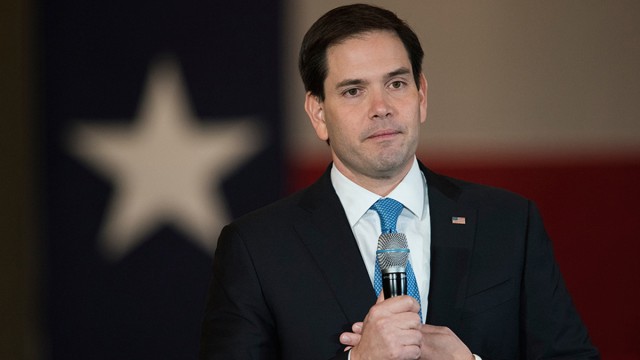

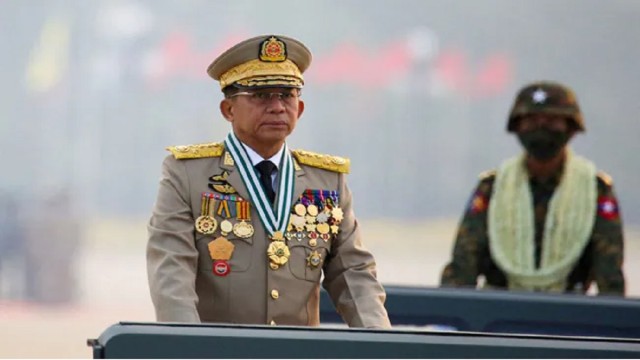
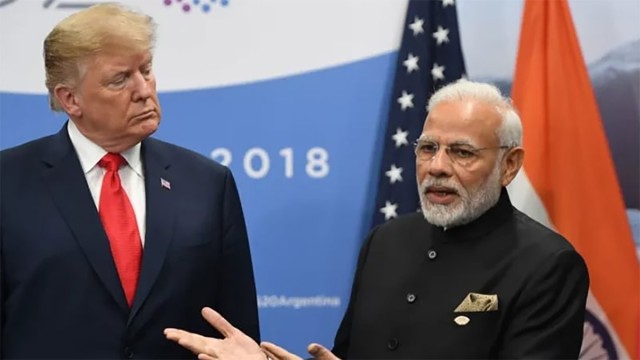
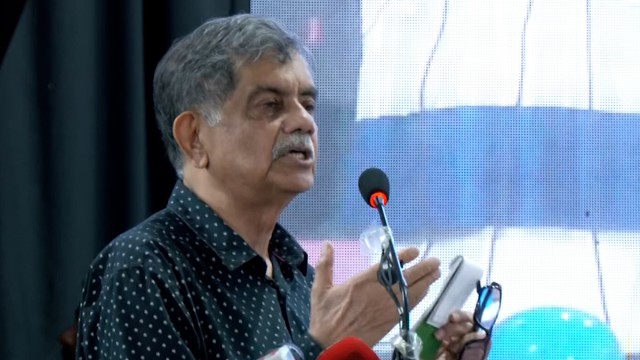
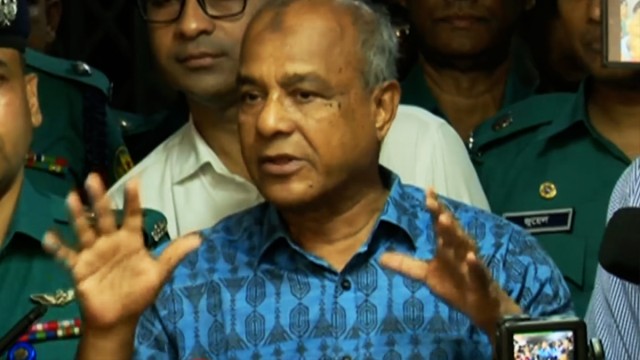
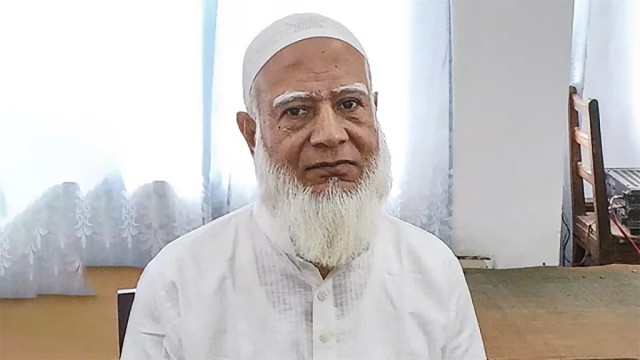
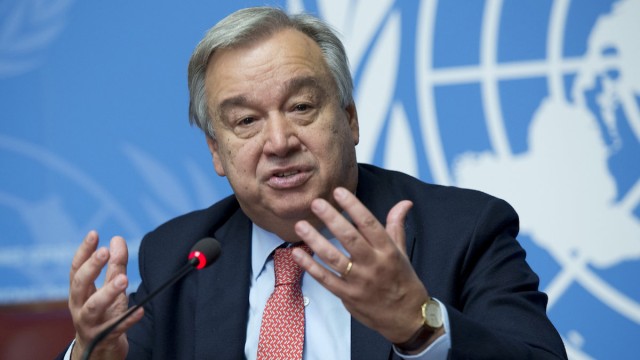
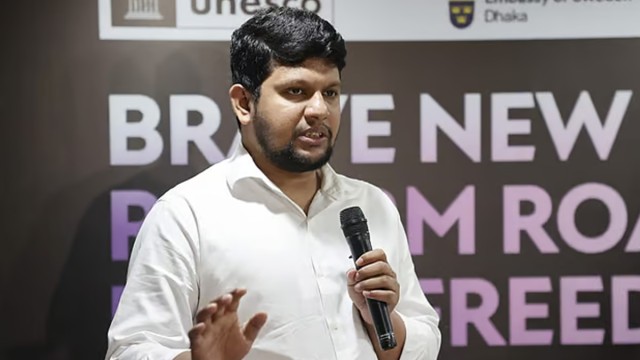
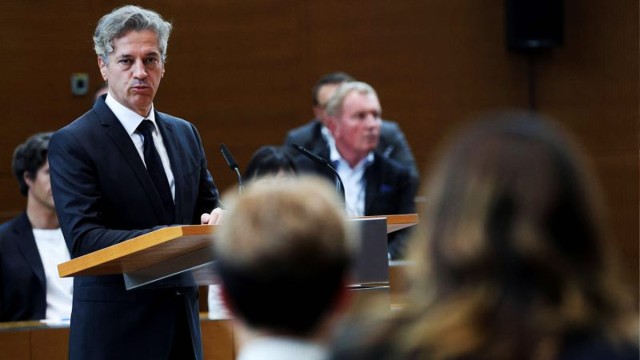
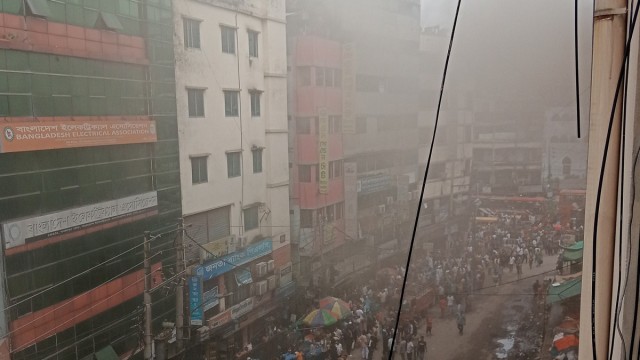
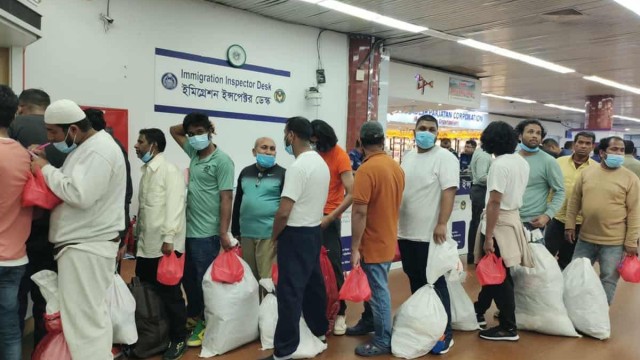


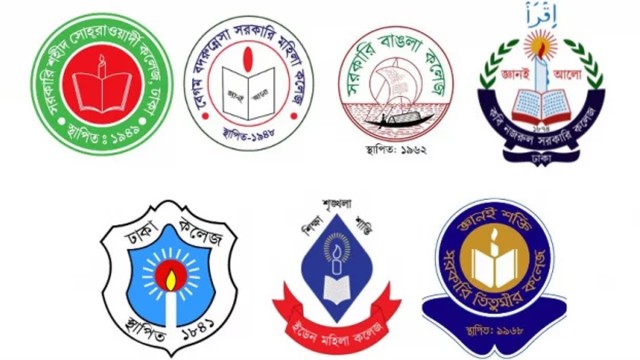
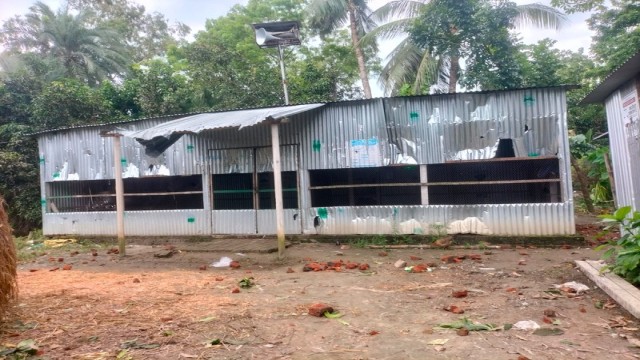
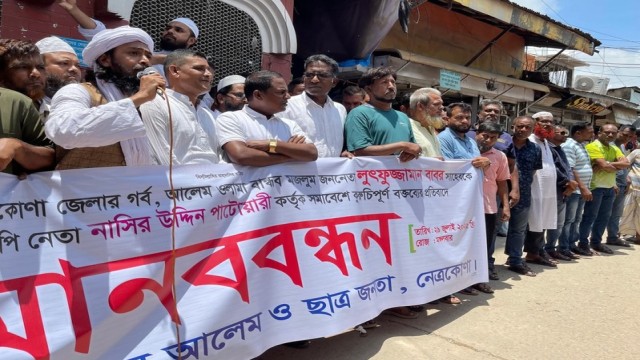
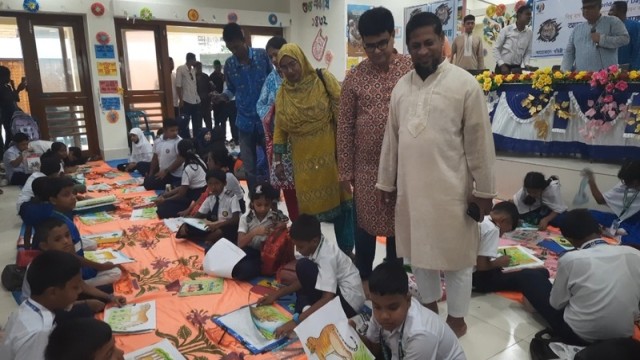
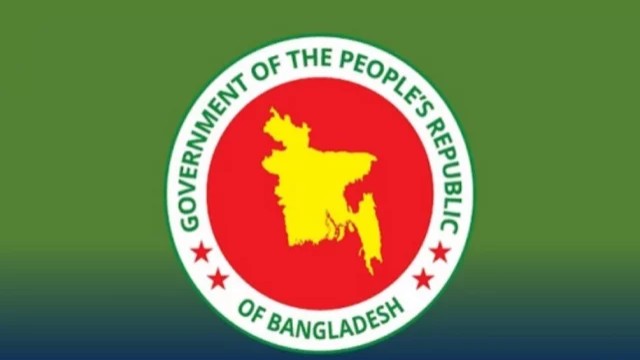
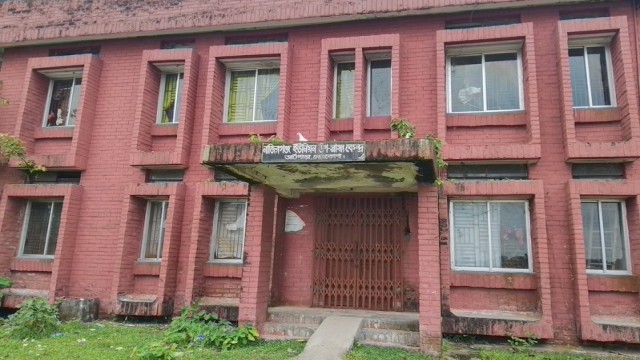
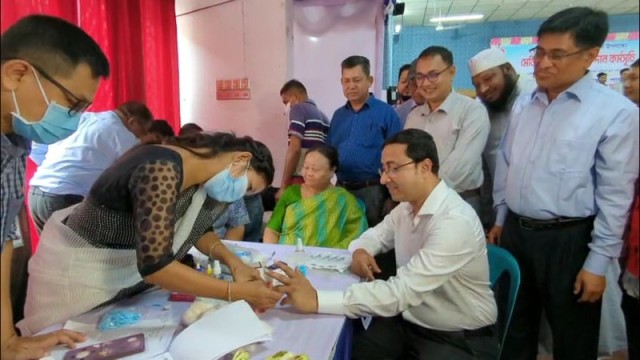
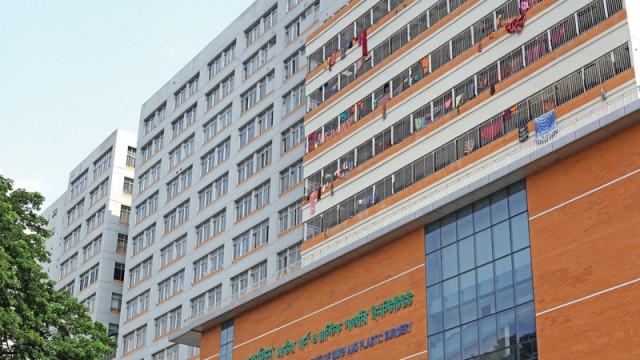
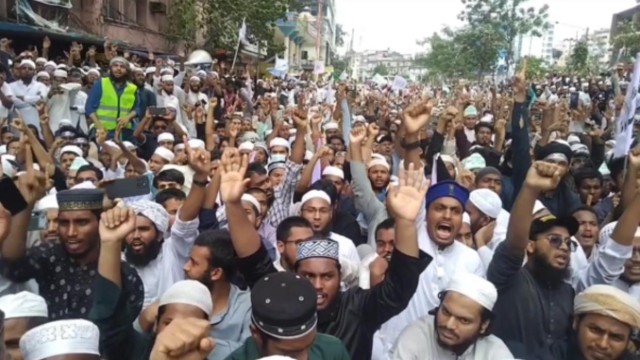
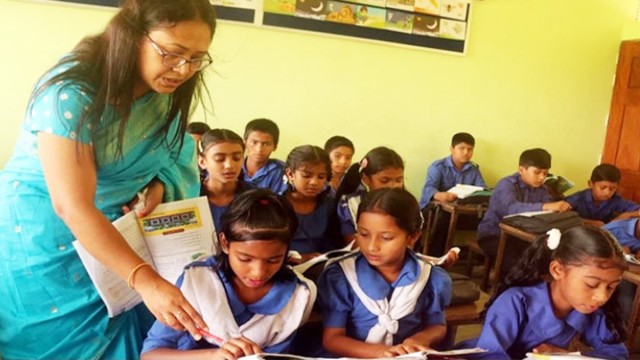
Comment: